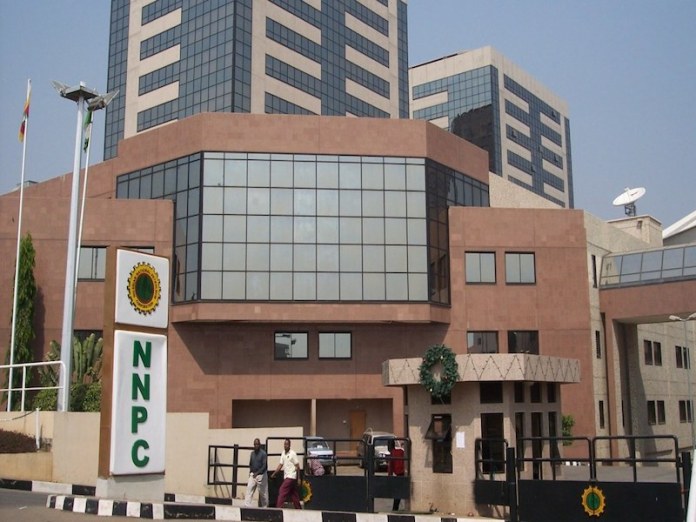- Baru visits Aso Rock as fuel queues persist
The Group Managing Director, Nigerian National Petroleum Corporation, Dr. Makanti Baru, on Monday visited the Presidential Villa, Abuja.
The visit came at a time the fuel scarcity being witnessed across the country had persisted.
It was not clear as of the time of filing this report who Baru met during his visit as he was only sighted while leaving the premises.
At the time of his visit, President Muhammadu Buhari had left the country for Paris, France where he is scheduled to attend the One Planet Summit.
It was not clear if the NNPC boss met with Vice-President Yemi Osinbajo or the Chief of Staff to the President, Abba Kyari.
The Federal Executive Council presided over by Osinbajo last week ordered the Minister of State for Petroleum Resources, Dr. Ibe Kachickwu, and Baru to end the scarcity before last weekend.
The Minister of Information and Culture, Alhaji Lai Mohammed, had disclosed this to State House correspondents after the meeting.
Meanwhile, fuel queues have built up in Calabar, the capital of Cross River State as independent marketers have shut down filing stations over shortage of petrol.
This came just as a militant was killed by operatives of the Nigerian Army in the Calabar-South axis of the metropolis over suspected case of bunkering.
One of our correspondents, who went round the metropolis on Monday, observed that most independent marketers’ retailing outlets were closed because they had no fuel.
It was learnt the product was not available at the NNPC depot, while one of the major marketers reportedly sold the product at N143 ex-depot price to independent marketers.
An independent marketer, Ephraim Aba, blamed the situation on the alleged deceit by the NNPC that the product was available.
He said, “Most of our depots with the product are not selling at the N133.28 ex-depot price. As of today, the North-West, one of the biggest depots in Calabar, sold the product at N143 and by the time it gets to the station, it should have risen to N147. How much do you expect us to sell?”
Long queues of vehicles were also noticed at petrol stations in Makurdi, the Benue State capital as fuel scarcity persisted on Monday.
One of our correspondents who monitored the situation in Makurdi reported that the queues were visible in the NNPC mega station on Makurdi-Otukpo Federal Highway, Rain Oil filling station along High Level and Bolex, among others within the capital city.
Many motorists who could not bear the long queues at the fuel stations resorted to buying fuel from black marketeers who had to pay between N300 and N350 per litre.
The Benue State Commandant, Nigeria Security and Civil Defence Corps, Mr. Shuayb Jubril, said he had deployed his men to all petrol stations to ensure that marketers did not hoard the product, warning that anyone found selling fuel to black marketeers would be arrested and prosecuted.
Meanwhile, it was learnt that the amphibious team of the Nigerian Army on Sunday night gunned down two suspected militants engaged in illegal oil bunkering in the Jebbs axis of Calabar-South.

 Forex3 weeks ago
Forex3 weeks ago
 Naira3 weeks ago
Naira3 weeks ago
 Billionaire Watch2 weeks ago
Billionaire Watch2 weeks ago


 Naira3 weeks ago
Naira3 weeks ago




 Naira2 weeks ago
Naira2 weeks ago




 Naira1 week ago
Naira1 week ago




 Naira4 weeks ago
Naira4 weeks ago
 Banking Sector4 weeks ago
Banking Sector4 weeks ago
























